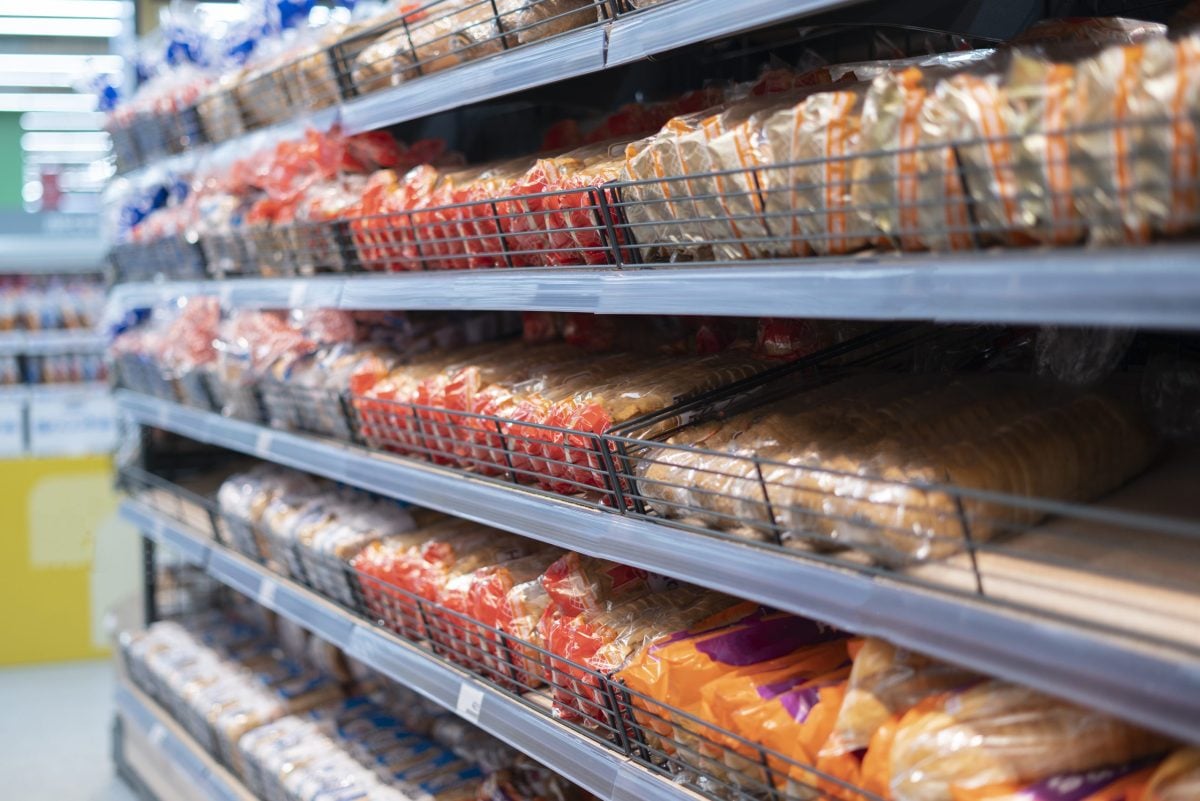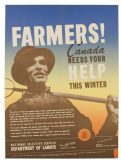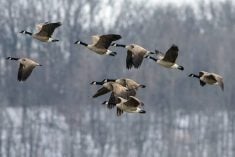Quebec plans to go much further than Ontario when it comes to neonicotinoids.
Environment minister David Heurtel announced last week that the province intends to modernize its pesticide regulations.
The new pesticide strategy will restrict agricultural use of insecticide seed treatments and other “highest risk” products.
“Pesticide use must be controlled, rigorous and responsible,” Heurtel said in a statement.
“Working together, we can change the way we do things and develop alternatives to pesticides in order to provide our children with a better quality of life. Let’s do it for them.”
Read Also

Canada’s Loblaw raises annual profit forecast on resilient grocery demand
Loblaw raised its annual profit forecast after beating third-quarter profit estimates on Wednesday, as the Canadian retailer bet on demand for grocery and medicines at its discount stores to remain resilient amid economic uncertainties.
Ontario introduced regulations earlier this year to reduce the use of neonicotinoid seed treatments on corn and soybeans by 80 percent. Neonics, as they’re commonly known, have been linked to declines in bee colony health. Some research suggests the insecticide is a threat to the broader environment and may be contaminating soil and water.
Huertel said Quebec’s strategy is more restrictive than Ontario’s measures. Farmers who want to use neonics to grow crops must get the permission of an agronomist in 100 percent of cases.
The Quebec government said it’s focusing its attention on high risk pesticides such as neonics and atrazine, a herbicide, because those products represent the greatest threat to human health and the environment.
L’Union des Producteurs Agricoles, the largest farm organization in Quebec, denounced the government’s pesticide strategy.
President Marcel Groleau said the plan was developed without consulting producers and will create a needless paperwork burden for farmers.
He said the province should invest in pest management strategies rather than cracking down on certain pesticides. As well, the regulations will increase the cost of growing crops in Quebec.
“Our international competitors, particularly American, which are not subject to such requirements, will have a distinct advantage over us,” he said.
“The governments of Quebec and Canada do not require reciprocity of rules and standards in this area for imported foods. Are we all to consume, in the end, more … imported products?”
Contact robert.arnason@producer.com















